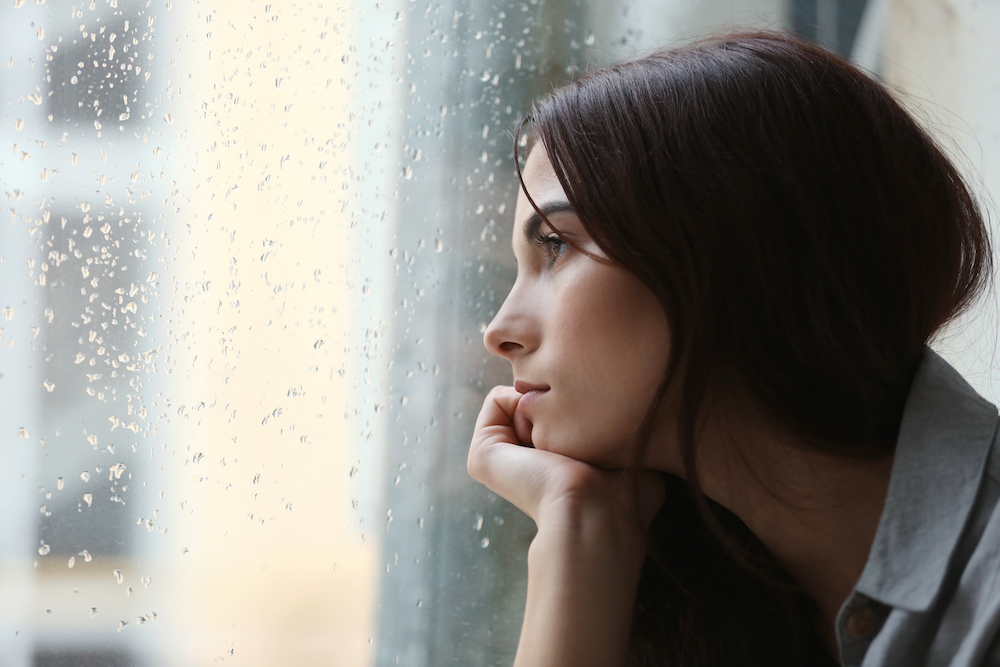
When the easing of Covid-19 restrictions began in May, friends could finally arrange to meet up again, as socialising inside restaurants and bars returned.
Sports fans eager to attend large events got the green light, and long-awaited hugs were blissfully exchanged. Much of the nation breathed a collective sigh of relief. The end, thankfully in sight, it felt to many that they were on the road to recovery, and life could return to normal.
However, having lived through almost a year and a half of the pandemic and three lockdowns, the uncertainty around what really happens next, has left an indelible mark on the mental health and wellbeing of many. A new report warns of Covid Anxiety Syndrome, fear of public places, crowds, hygiene habits of others and a continual worry about the health and safety of loved ones because of the pandemic.
A study undertaken in March and April this year showed that 46% of adults feared using public transport because of the pandemic, while 35% regularly checked family members for Covid-19 symptoms. And, even if the pandemic ceased to exist tomorrow, many people still fear that it will happen again or a worse, more deadly variant will hit.
The lockdowns meant living and working in the safety of our bubbles. Mixing and socialising with people online or at a distance, so the idea of being able to meet people in the flesh may seem daunting. So, what do you do, if friends and family want you to join them at social gatherings and just the thought of attending an event outside of your bubble or comfort zone triggers anxious feelings?
Here are some suggestions for managing anxious thoughts and feelings around Covid-19 Anxiety and reengaging into society at your own pace:
1. Restrict the amount of information you acquire about the pandemic. Try to only use trusted, consistent news sources. Avoid reading, talking, watching anything about the pandemic before you go to bed, especially if it makes you feel worried or anxious.
2. Remember that you are only responsible for you, and your actions. Maintain your levels of personal hygiene, sanitising, face masks where applicable. Trying to control how other people behave will raise your anxiety levels.
3. Be honest about how you feel, if you don’t feel comfortable going out in crowds that are outside of your safe bubble, say so. You might be surprised how many other people feel the same as you.
4. Try reintegrating into your social circles in smaller numbers, meet just one or two other friends or family members outside of your bubble at a time, you might find that you feel comfortable gradually adding more people to the group.
5. Before you hug anyone, ask them if they are ‘accepting hugs’ not everyone feels comfortable with hugs at the best of times! If in doubt offer an elbow bump, or a nice big smile. And if you aren’t ready to accept a hug, handshake or cuddle, it’s really OK to say so.
6. Meet friends in open spaces, arrange picnics or walks if the weather permits, that way you can meet up with friends without being enclosed.
7. Continue to speak to friends, family members and workmates regularly on the phone or online, keep levels of communication active, so you still feel a part of what is going on in the world around you even it you’re not there physically. You will find it harder to meet up with people if you have cut yourself off from them completely.
8. If you are worried about shopping or visiting public places, try to pick non-peak times to visit – that way you’ll have less people to mingle with.
9. Have an honest conversation with yourself, is the pandemic really the reason you are avoiding certain people or places? Is there another reason why you don’t want to go and do things – maybe your friendships or your tastes in what you used to do pre-pandemic have shifted over the past 18 months and you no longer want to do the things you used to?
10. If you are struggling with your mental health and wellbeing, seek advice from your GP.
11. If you find yourself in a situation where you feel anxious, focus on your breathing. Inhale slowly and deeply into your stomach, hold for a count of 4 and exhale to a slow count of 4. When your breath is nice and steady, that sends a signal to your brain that you are safe. This will automatically reduce your feelings of anxiety and worry.
The vaccinations are rolling out, the world is reawakening and you are invited to be a part of it, when you’re ready.
This post was written by Shannon Humphrey, a First Aid for Mental Health Instructor and EFT Practitioner. For more information about her work visit: www.pathwaysforpositivity.com


